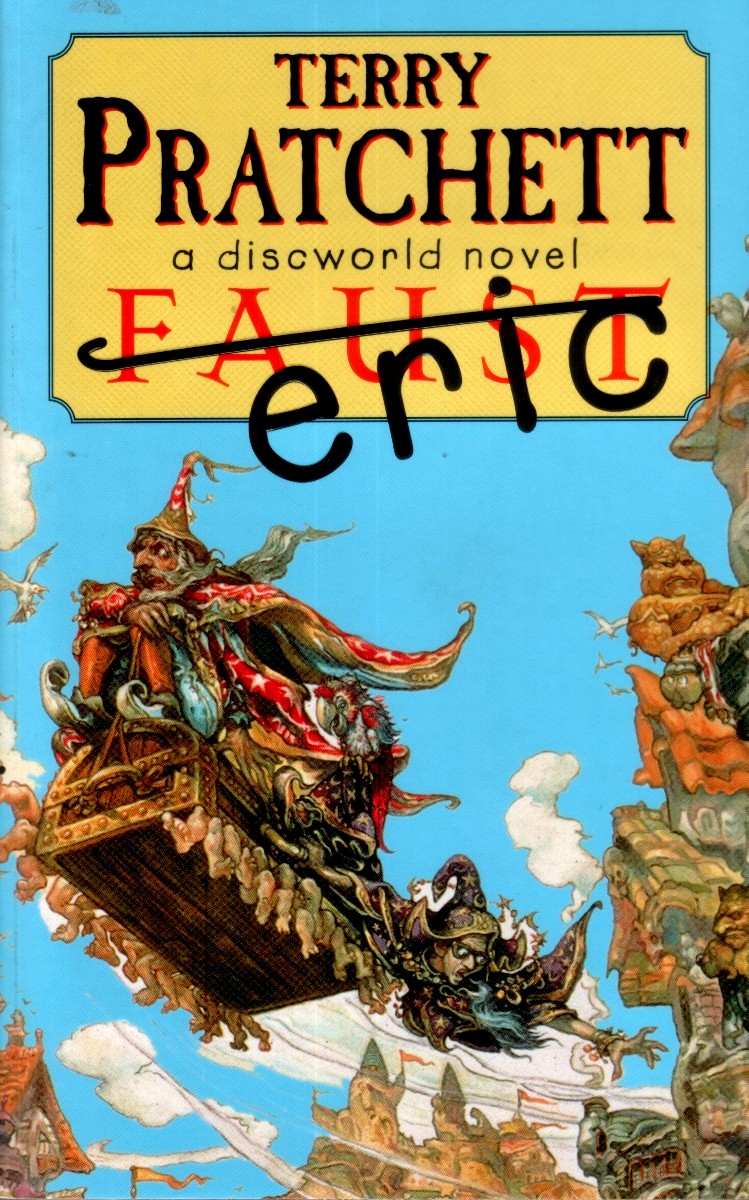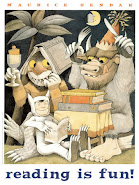

I stayed up late to finish this book, because I couldn't sleep not knowing how it finished.
This is the second book of a series. In the first book, Beguilement, Dag and Fawn survive fighting a malice and meeting her family. The ending was a pretty minor cliff-hanger – they set off to meet his family.
If we’d known more about his family and society at the end of book 1 however, we would have been more worried. Dag and Fawn come from two different societies that have very little respect or understanding for each other, and we learn more about what separates them in Legacy. Both groups have sensible enough rules and customs, given their world belief systems. Don't expect some wishy-washy paean to tolerance and niceness – the differences run a bit deep to be overcome in one book, if they ever will be.
To take a minor difference: on marriage, Fawn’s society expects her to go and live with her husband’s family, taking with her a dowry (her share of her family’s goods). Dag’s society expects him to go and live with his wife’s family, taking with him bride gifts.
Fawn’s efforts at settling in make interesting reading. But other events soon overtake this part of the plot, the ones which kept me up late, till we end on another minor cliff-hanger. This isn't my favourite Bujold by quite a few books, but I will be buying the next book as soon as it comes out in hardback, which is definitely not soon enough.
Legacy was first published in 2007
This is the second book of a series. In the first book, Beguilement, Dag and Fawn survive fighting a malice and meeting her family. The ending was a pretty minor cliff-hanger – they set off to meet his family.
If we’d known more about his family and society at the end of book 1 however, we would have been more worried. Dag and Fawn come from two different societies that have very little respect or understanding for each other, and we learn more about what separates them in Legacy. Both groups have sensible enough rules and customs, given their world belief systems. Don't expect some wishy-washy paean to tolerance and niceness – the differences run a bit deep to be overcome in one book, if they ever will be.
To take a minor difference: on marriage, Fawn’s society expects her to go and live with her husband’s family, taking with her a dowry (her share of her family’s goods). Dag’s society expects him to go and live with his wife’s family, taking with him bride gifts.
Fawn’s efforts at settling in make interesting reading. But other events soon overtake this part of the plot, the ones which kept me up late, till we end on another minor cliff-hanger. This isn't my favourite Bujold by quite a few books, but I will be buying the next book as soon as it comes out in hardback, which is definitely not soon enough.
Legacy was first published in 2007




